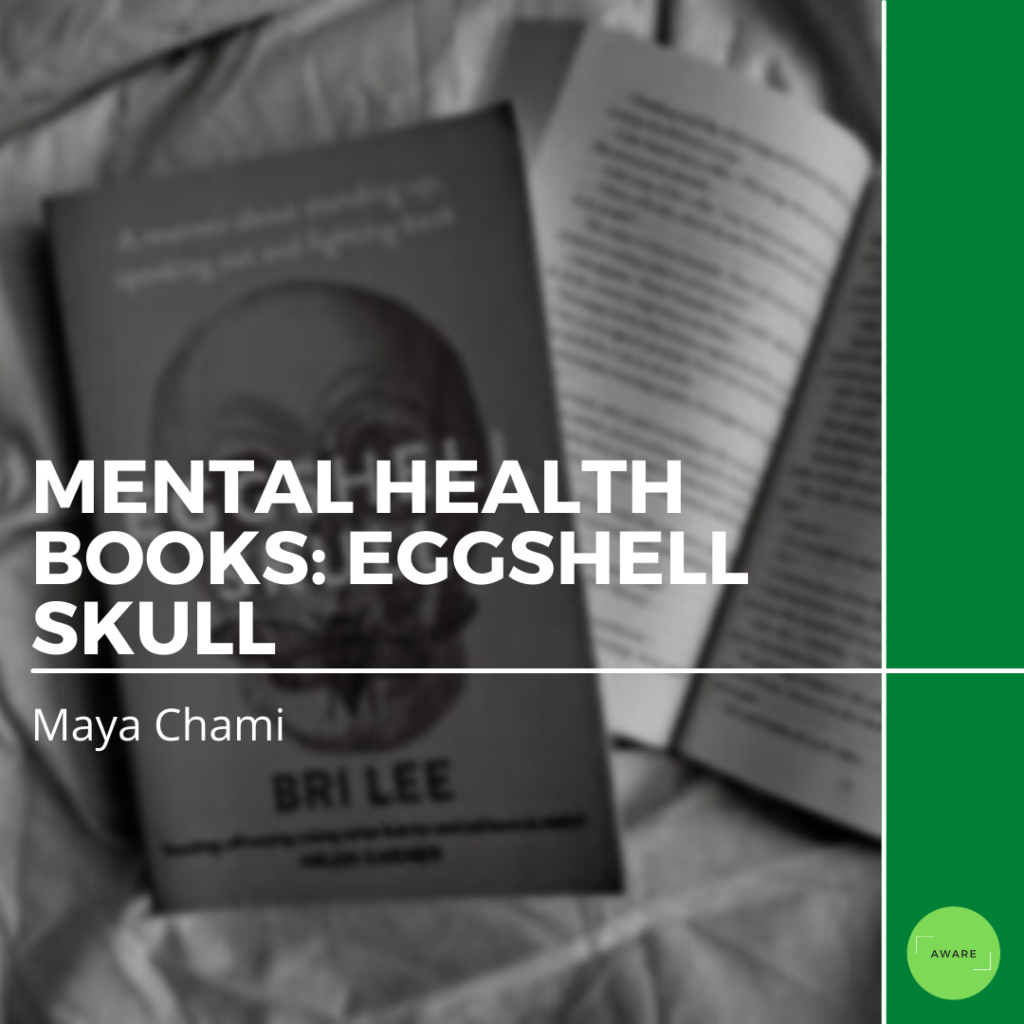Spoiler alert: this article spoils the plot of a book!
Trigger warning: this article discusses abuse.
Eggshell Skull by Bri Lee is a heart-shattering memoir that brings to light the horrific reality of everyday abuses; the problematic male-centric law in Australia, which makes it all too easy for a man to get away with his crimes against women and children; and, more alarmingly, fixed mindsets and a twisted culture that justifies these disgusting crimes. Itis disappointing to point out that Australia is not the only culture that justifies crimes against women – misogyny is pretty much universal, and, unfortunately, the themes discussed in this book are recurrent everywhere.
What Lee has managed to do is touch the reader on a personal level when she explicitly talks about every case she encounters as an associate to a job and, more so, when she brings to light her very own childhood abuse in the most outstanding way. For most of her life, she had been living in denial of it ever happening. The way it is brought up in the book, however, through various mechanisms we notice, is incredible.
Plot of Eggshell Skull
In Eggshell Skull, Lee talks about her experiences with different cases of abuse, including, to name a few, a stepfather raping the child of his wife, a girl getting sexually assaulted by 3 boys in her school, and the boyfriend of a mother sexually abusing the children of his girlfriend. These are all real cases, as hard to accept as they may be. We also find out throughout the book that she is hiding something of her own – something that she has kept in the back of her mind that she had supposedly forgotten about – her very own childhood sexual abuse by her the best friend of her older brother. For most of the book, the explicit details of what exactly happened to her are pretty much unknown. We only understand that something happened to her when she gets flashbacks or a sudden memory. Her constant exposure to these horrifying and unbelievable cases plays a big role in the way she realizes that the abuse has really impacted her. Lee brings to light her internal turmoil about talking about what happened to her in an incredibly well-written way. What she went through is what many have gone through and continue to go through.
A prominent theme that Lee portrays in a very interesting way is the male centric law in Australia which almost always sides with the perpetrator. In many of the cases that she was a firsthand witness to, humiliating questions were always asked to the woman and justifications were given to men. There was a point in the book where Lee asks something along the lines of, at what age do girls become held accountable for the audacious stares and the horrors inflicted on them? This is because it seems that after a girl starts to hit puberty, that is when she starts being held accountable for something that has nothing to do with her and everything to do with a man thinking he has a right to her body! It is unfathomable to think that a 12-year-old girl could possibly be held accountable for a molestation done to her by her own stepfather. It really makes one think about how twisted this entire ordeal is.
Mental Health & Eggshell Skull
On a more psychological aspect, we see the aftereffects of childhood trauma in Lee as a character and in her behavior. Her body issues, lack of self esteem, and her self-hatred that forced her into self-harm are one of the main effects we see. She is not at peace with her body, and this is in fact one of the many impacts of being sexually abused as a child. She had been living in denial for most of her life, and this is another resonating impact of abuse. Other impacts that we see in hercharacter are feelings of self-blame and guilt. She also felt shameful about what happened to her, and the possibility of it changing things was what inhibited her from telling anyone. The fear of her boyfriend leaving her once he found out about her situation was one of her main fears.
When her constant exposure to these traumatizing situations in court became too much to handle, she tried to seek help. It is not easy on anyone to be a firsthand witness to an assault or rape case, let alone someone like Lee who has literally gone through it herself.
However, with all the problematic cases where the perpetrator gets away with their crime, she eventually decides to get her own form of justice and sets out on a journey to incarcerate her perpetrator no matter the cost, and this is something extremely empowering because it takes courage to defy all odds, to forget about all constant scrutiny, and to actually do something that will put you at peace – and possibly even make it easier to heal from the traumatic experience.
